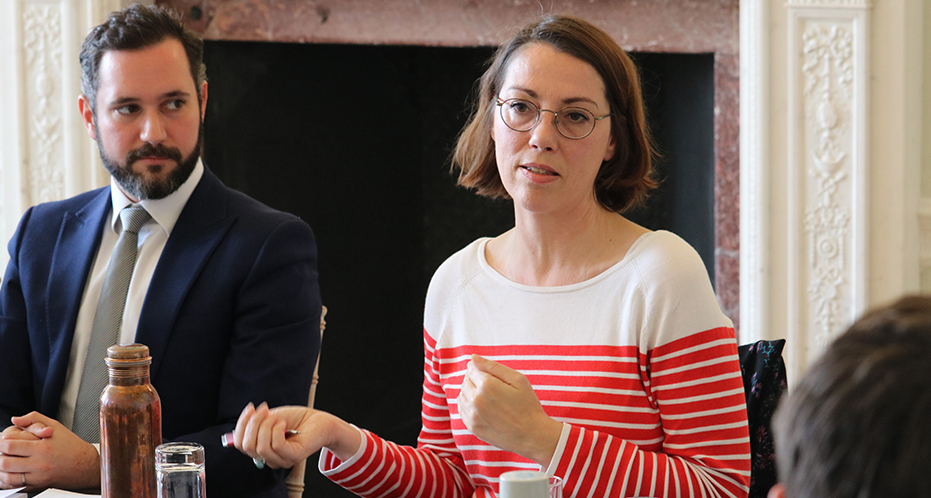Driving commercial and political engagement between Asia, the Middle East and Europe
Driving commercial and political engagement between Asia, the Middle East and Europe
Driving commercial and political engagement between Asia, the Middle East and Europe

Noura Tan, Business and Policy Intern
 Indonesians will go to the polls on 17 April to vote in its fourth presidential and fifth parliamentary elections.
Indonesians will go to the polls on 17 April to vote in its fourth presidential and fifth parliamentary elections.
According to the latest polling, incumbent President Joko “Jokowi” Widodo is leading his opponent, the returning challenger Prabowo Subianto, by 54.9 per cent to 32.1 per cent.
The election period has been plagued by social media hoaxes and waves of ‘fake news’ drawing on the country’s contentious history with identity politics. In a post-truth climate that threatens to cloud public perception and global onlookers, the election has proven to be the country’s most controversial since Indonesia’s democratisation in 1999.
To help navigate the current political and economic landscape, Asia House welcomed Jacqueline Hicks, Marie Sklodowska-Curie Fellow, Asia Research Institute, University of Nottingham (pictured above) and Shotaro Tani, Staff Writer, Nikkei Asian Review (right), to share their analysis.
In a briefing chaired by Ed Ratcliffe, Head of Asia House Advisory, the commentators assessed how issues such as Indonesia’s place in the global trade order, foreign investment, and burgeoning economic nationalism will influence the election. The question of post-election stability was also discussed.
